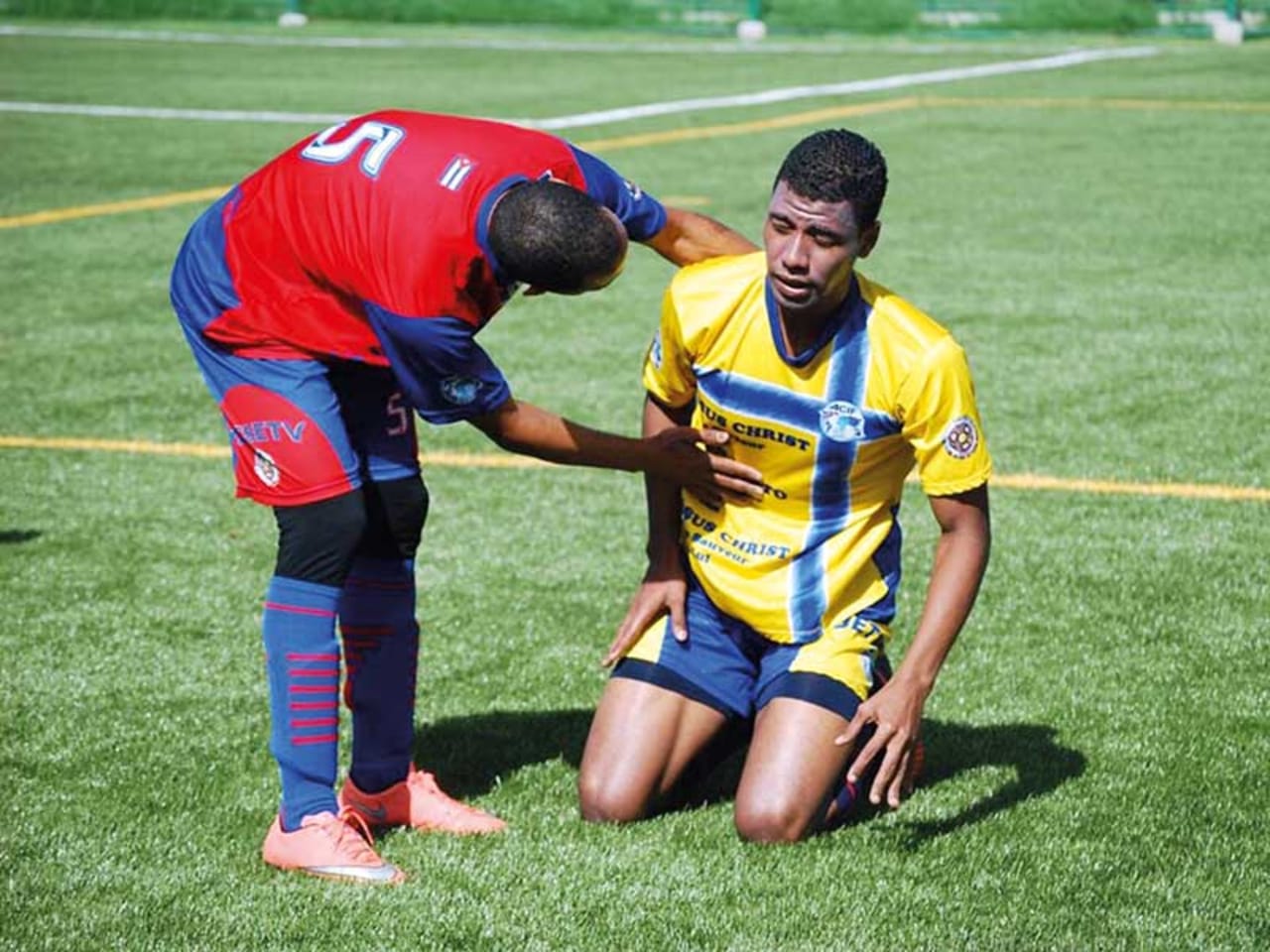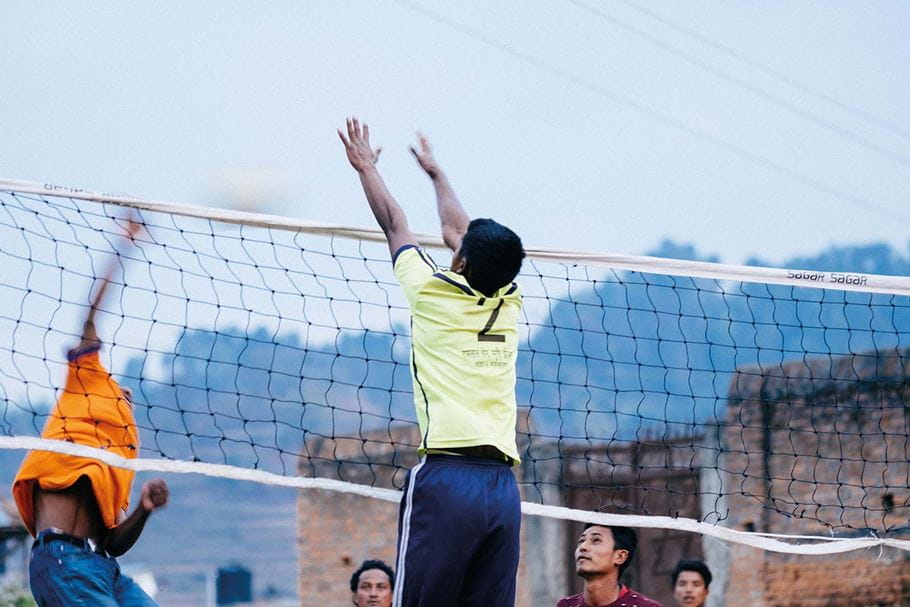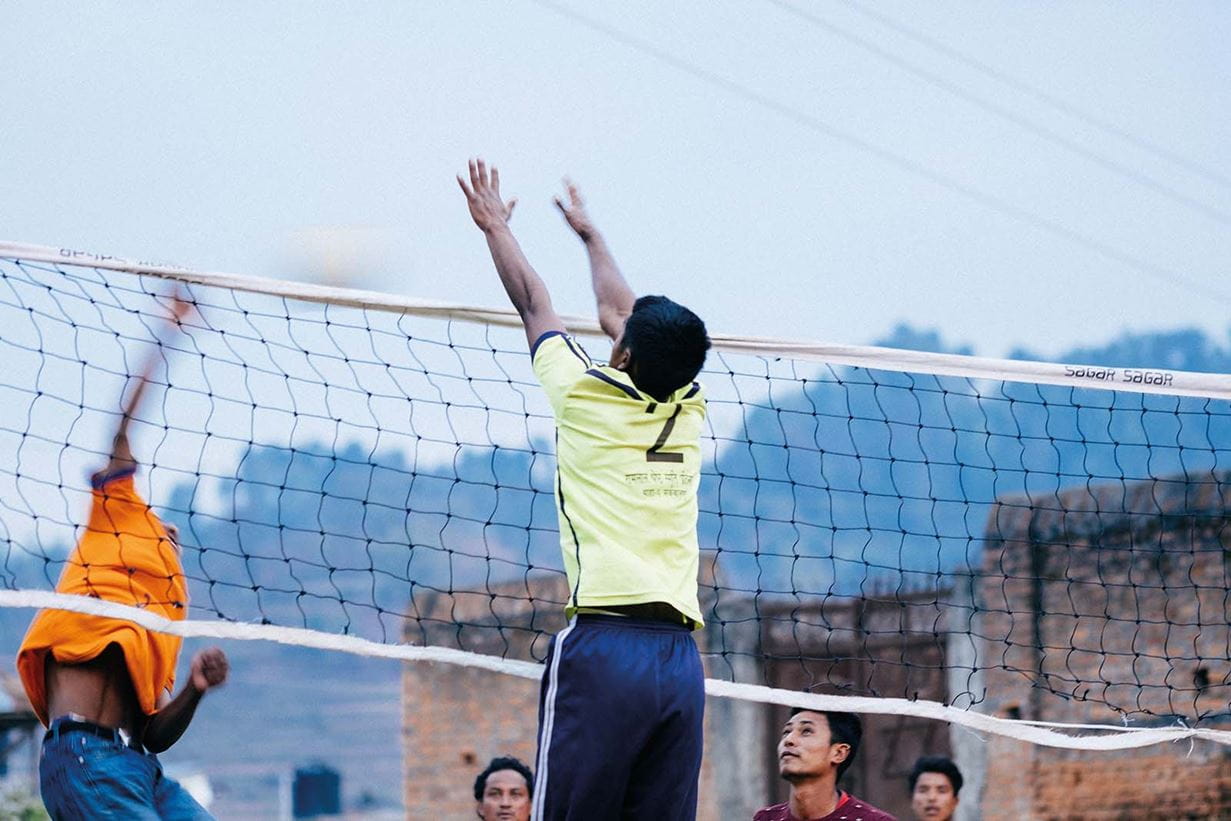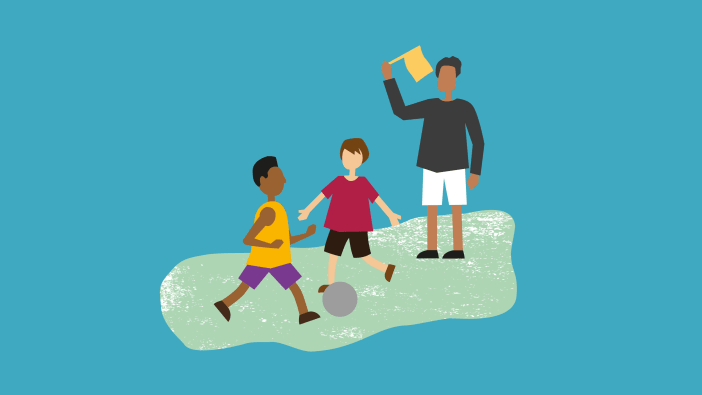Participation in sport can greatly improve the physical and emotional health of young people. It can also increase confidence, promote positive involvement in society and help bring a sense of hope for the future.
Through sport, young people learn key values such as honesty, teamwork, fair play, respect for others and how to follow rules. It helps them learn how to deal with competition, and how to cope with both winning and losing.
Sport is an attractive activity for young people, and can form a successful basis for peacebuilding, health, education and other programmes.
Below are some of the main things to think about when developing a sports programme.
Physical health
One of the most obvious benefits of sport is good physical health. Exercise can help reduce the risk of becoming overweight, heart disease, diabetes and other medical conditions.
It is important to teach participants how to avoid injury. This includes warming up properly, building fitness levels gradually and knowing when to stop and take a break. During sports programmes advice can be given on healthy eating, sexual health and the dangers of smoking, drugs and alcohol.
Mental health
Physical activity can reduce anxiety levels and increase feelings of well-being and self-esteem. In addition, being able to talk through problems with friends and older role models can help people find their own solutions to the things that are upsetting them.
For people who have experienced trauma (because of bereavement, war, violence, rejection or a natural disaster, for example), sport can play an important role in their recovery. Exercise, friendships, fun and the chance to talk can all help as people come to terms with what they have been through.
Accessibility
For people living with disabilities, getting involved in sport can build confidence and self-esteem. Wherever possible, make it easy for people with different kinds of disability to join in.
Be aware that although some disabilities are obvious (eg limited mobility), many are relatively hidden (eg depression, hearing impairments and some intellectual disabilities). Try to offer several different sports so your programme will appeal to as many people as possible.










